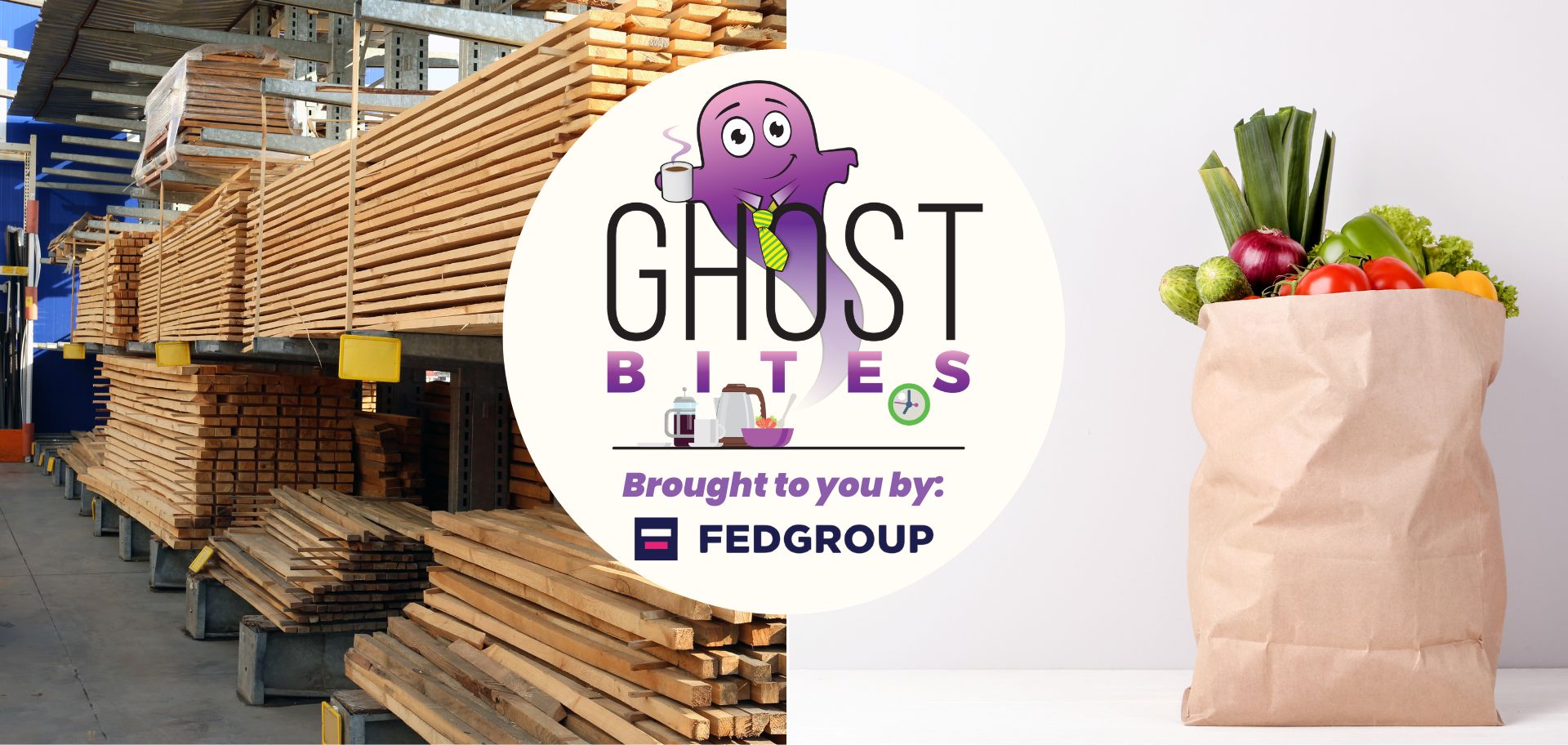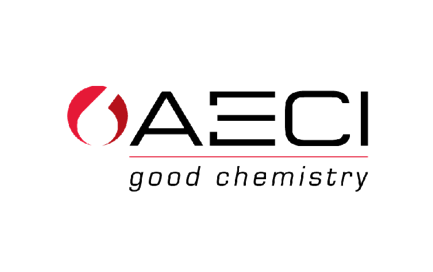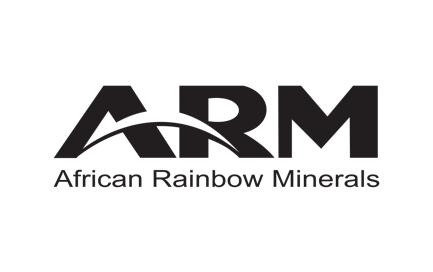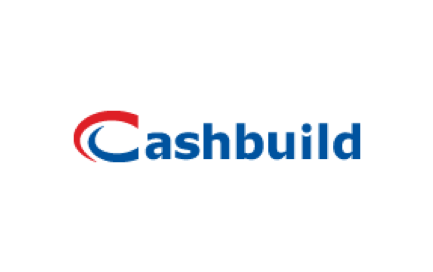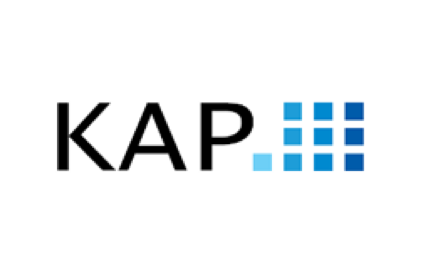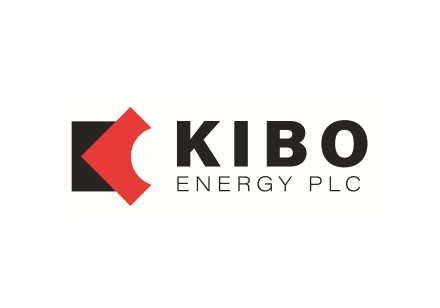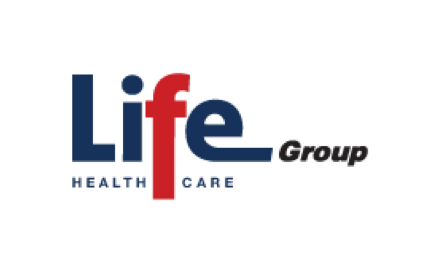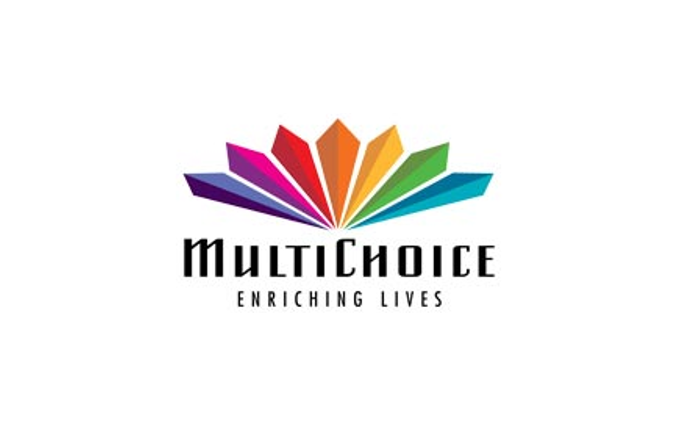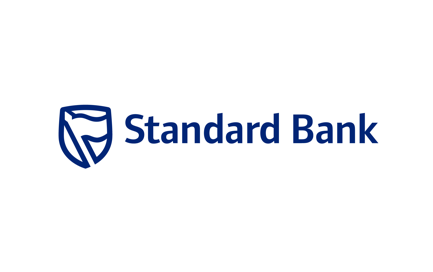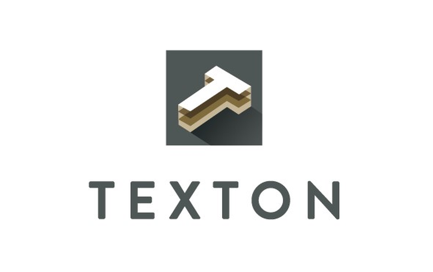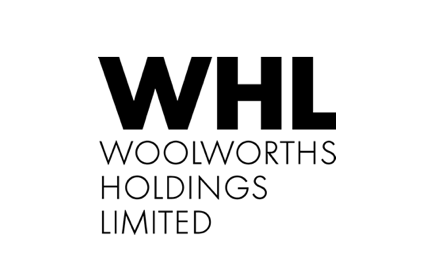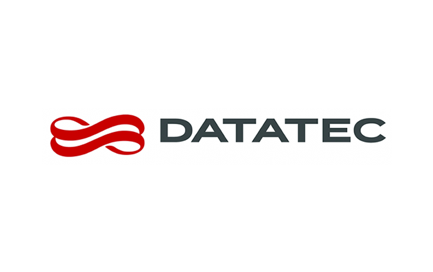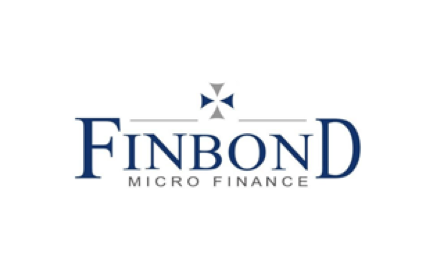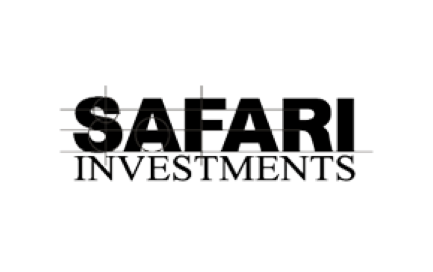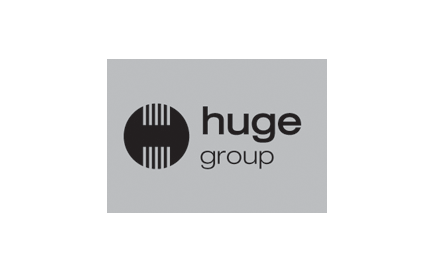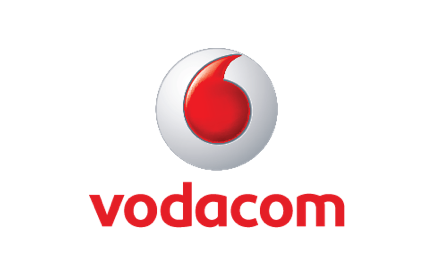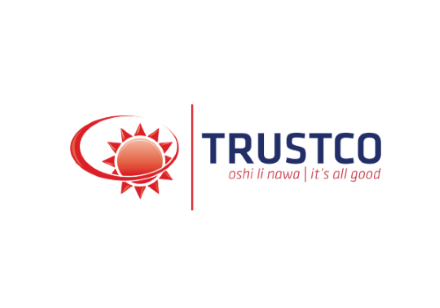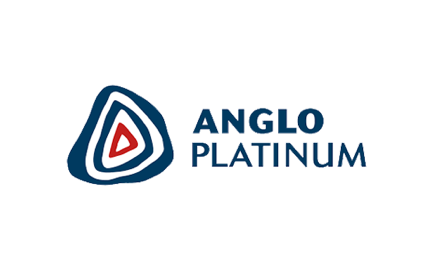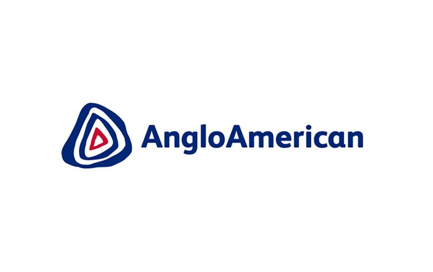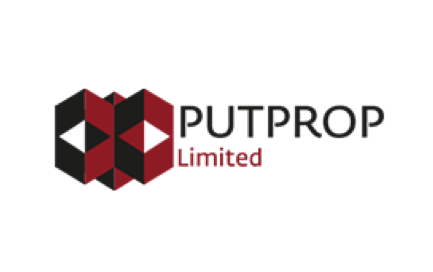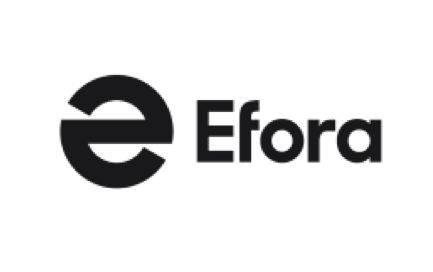Get the latest recap of JSE news in the Ghost Wrap podcast, brought to you by Mazars:

AECI calls this a “year of transition” – and shareholders will hope that’s the case (JSE: AFE)
Nobody likes to see a final cash dividend drop by 79%
AECI has released results for the year ended December 2023. They reflect revenue up 5.4% and EBITDA up just 3.2%. Once you factor in the nasty things below EBITDA at this stage in the interest rate cycle, you end up with HEPS down 11.7%.
Despite unlocking some working capital in this period (and cash from operations increasing by 4.3%), the final cash dividend has dropped by 79% to 119 cents.
AECI is celebrating its 100th anniversary in 2024 and is calling it a year of transition, with the goal of doubling profitability of the core businesses (mining and chemicals) by 2026. It’s interesting that both are referenced here, as the mining business did really well in 2023 (EBIT was a record, having grown 18.2%) and chemicals had a tough year (EBIT down 8.5%).
And in case you’re wondering about the problematic AECI Schirm business, it sits in AECI Agri Health. This segment grew revenue by 8% to R7.6 billion but reported an EBIT loss of R192 million.
There aren’t a lot of highlights in the 2023 numbers as the pre-cursor to the centenary year, but at least net debt improved from R5.345 billion to R4.338 billion coming into 2024.
African Rainbow Minerals flags a big drop in HEPS (JSE: ARI)
A drop in PGM and thermal coal prices are to blame here
African Rainbow Minerals released a trading statement for the six months to December 2023. HEPS is expected to be roughly 40% to 50% lower, coming in at between 1,319 cents and 1,583 cents for the period. This is because of a 43% decline in the PGM basket price (in dollars) and lower thermal coal prices. The weaker rand couldn’t offset these impacts.
Due to substantial impairments, EPS will be between 70% and 80% lower.
Cashbuild drops another 8% after releasing results (JSE: CSB)
This is despite a previously released trading statement
I’ve been writing extensively on the challenges faced by South African retailers, particularly in the home improvement and DIY sector. Cashbuild is a great way to see how bad it has been, with Italtile added to this chart for further context:

Things didn’t get any better in the six months ended 24 December 2023, with Cashbuild’s revenue up only 2% and HEPS down by 20%. The dividend of 325 cents is down 19%, tracking HEPS lower.
The metrics simply don’t work right now. Gross profit margin deteriorated from 25.3% to 24.7% and operating expenses increased by 5% in existing stores, so the profits never really stood a chance.
If you include the impairment of R137 million, then basic EPS decreased by 98%. I’m not usually one to mention EPS, but that’s a particularly nasty outcome that talks to value destruction in this environment.
To make things worse, stock levels increased by 10% despite the asthmatic performance in revenue, so that’s not good for the working capital cycle either.
There’s no sign of improvement, with revenue for the six weeks subsequent to period end showing a flat performance vs. the comparative period.
Harmony signs off on an excellent period (JSE: HAR)
You won’t often see HEPS growth of 226%
Harmony has released results for the six months ended December 2023. As we already knew, they are excellent.
HEPS is up by a whopping 226% to R9.56 per share and there’s a record interim dividend of R1.47 per share. Operating free cash flow? That was also a record, up 265% to R7.1 billion.
No matter where you look, the numbers are great year-on-year. Not only did Harmony enjoy higher gold prices, but they took advantage of them with a strong jump in production and a 5% decrease in all-in sustaining costs.
It all looks good for the full-year numbers, with annual production and grade expected to be at the upper end of guidance and costs well below the guided level.
When gold mines do well, they do really well. The share price has nearly doubled in the past 12 months.
The hard times continue at KAP (JSE: KAP)
The share price has lost over 70% of its value over 5 years and profits have plummeted
KAP has reported on a period that the company will want to forget. For the six months to December, revenue was down 2% and operating profit fell by 17% as operating leverage worked against the company (a larger percentage decrease in profits than in revenue due to fixed costs). HEPS fell by 36%!
If you’re looking for silver linings, you could consider the R914 million improvement in net working capital, or the R708 million reduction in net interest-bearing debt. Much as this helped to mitigate some of the pain of the finance costs, a 20% increase in net finance costs is why the HEPS performance looks so ugly.
KAP is really just the outcome of various businesses mixed together, so it’s critical to look at the segments.
PG Bison grew revenue by 9% to nearly R2.9 billion, while operating profit increased by 18% to R575 million. This is one of the good news stories. Safripol is at the other end of the spectrum, with revenue down 8% and operating profit down 67% to R178 million as raw material margins deteriorated. Unitrans is another tough story, with revenue down 7% and operating profit down 21% to R264 million, with non-recurring restructuring costs of R30 million playing a significant role there.
Moving into the smaller segments, Feltex enjoyed an improvement in South African vehicle assembly volumes, growing revenue by 24% and operating profit by 31%. Restonic saw revenue increase 8% and operating profit almost triple from R34 million to R99 million. Restonic’s operating profit margin of 10.2% is still below the long-term guidance of 13% to 15%.
Finally, Optix could only manage a flat revenue performance and break-even at operating profit level, down from profits of R10 million a year ago. Let this be an ongoing lesson in how hard it is to scale a business.
Don’t get your hopes up for much improvement in the latter half of the year, as the company expects elevated levels of debt due to the extent of capital projects. One of the biggest and most exciting is PG Bison’s MDF project, which will increase the division’s total production capacity by 33%. Perhaps most of all, KAP needs the supply and demand situation to improve in the polymer business, with no immediate improvement expected.
Kibo has finally laughed off the Proventure joint venture (JSE: KBO)
It’s been pretty obvious to everyone else for a while that it wasn’t going to happen
When the smell of nonsense starts to emanate from a transaction, it’s usually because there are layers of the brown stuff hidden underneath. As soon as you see things like a payment that couldn’t be made due to an administrative issue, or a banking problem, the red flags should be going up in your brain.
Kibo Energy hasn’t exactly had many alternatives for funding in subsidiary Mast Energy Developments (MED), so they had to flog this delightfully dead horse for a long time just in case it came back from the dead. Thankfully, due to an alternative deal with RiverFort, the Proventure joint venture is now dead and the company will try and claim damages etc. from Proventure under the terms of the joint venture agreement. Good luck to them.
Onto the new deal then, which will see RiverFort provide an initial funding facility of up to £4 million. The goal here is to lift MED’s Pyebridge 9MW flexible power generation asset out of care and maintenance and into a revenue generating state during April 2024. Make no mistake here: RiverFort will get its pound of flesh, with the facility being convertible into preference shares in Pyebridge.
The market doesn’t seem to care, with the Kibo share price not budging off R0.01 per share. There are so few bids in the market for this thing and there are many offers at R0.02, so it will take a lot to lift this share price off the lowest possible level.
Life confirms the quantum of the special dividend (JSE: LHC)
Investors have been waiting to see what they will get from the Alliance Medical disposal
After quite a wait, shareholders of Life Healthcare now know that the special distribution will be 600 cents per share. This means that R8.8 billion is being distributed to shareholders, which is higher than the estimation of R8.4 billion that was provided in the circular.
To give more context to this amount, the company received £845.9 million for the disposal of Alliance Medical (roughly R20.5 billion) and repaid R10.2 billion to the South African holding company after settling international debt, as well as transaction and hedging costs. Life Healthcare is retaining R1.4 billion to partly fund the acquisition of the renal businesses of Fresenius Medical Care and to support growth opportunities at Life Molecular Imaging.
After the distribution, the level of gearing will be 0.8x net debt to EBITDA.
On a share price of R17.44, a special dividend of R6 per share is material.
Canal+ must make a mandatory offer for MultiChoice (JSE: MCG)
The Takeover Regulation Panel (TRP) has also flexed its muscles here
MultiChoice didn’t win any friends at the TRP recently by making rather unusual announcements related to the Canal+ saga. The TRP needs to approve announcements when a takeover process has been triggered, so a compliance notice has been issued against MultiChoice due to that breach in process. MultiChoice is taking that on appeal.
The more important news is that the TRP has also ruled on whether Canal+ needs to make a mandatory offer to shareholders of MultiChoice, having breached the 35% ownership threshold that triggers a mandatory offer.
The debate here was how to apply the provisions of the Memorandum of Incorporation that limit voting rights of a foreign shareholder to 20%, regardless of how many shares they hold. The TRP didn’t accept that this avoids a mandatory offer, as there are circumstances where the 20% voting restriction wouldn’t apply and Canal+ would have more than 35% voting rights on such matters.
If you’re terribly bored (or very keen on the law) and want to read the entire TRP ruling, you’ll find it here.
We don’t know for sure what the mandatory offer price will be, but we can be very confident that it is below the R105/share that Canal+ was happy to offer shareholders (and which the MultiChoice board gave a resounding “no” to). In other words, I think Canal+ would be very happy to pick up shares at the mandatory offer price.
The dividend is higher at Primary Health Properties (JSE: PHP)
But the share price hasn’t gotten off to a good start on our market
South African investors don’t have much love in their hearts for UK-based property funds that achieve limited growth in rental income. This is why many local property funds have looked to higher inflation regions, like Poland or Spain, as this is seen as friendly territory for South Africans.
Still, it’s not bad going that Primary Health Properties grew net rental income by 5.5% and the dividend per share by 3.1% to 6.7 pence. Goodness knows that the rand does a good job of driving a larger increase when expressed in ZAR.
With a loan to value ratio that has moved from 45.1% at the end of December 2022 to 47.0% at the end of December 2023, along with the average cost of debt going from 3.2% to 3.3%, there are reasons to be cautious about this property fund. Although it is true that debt may be fixed rate in nature, the reality is that any refinancing of debt in the near-term is likely to increase the weighted average cost of debt even further.
It’s rather interesting to note that Ireland is the focus area for investment, with the goal being to grow the portfolio there to 15% of total group exposure from the current level of 9%.
The share price is down 27% just this year. It has more than halved since listing.
Standard Bank keeps waving its flag (JSE: SBK)
It’s a good time to be a bank – especially a good bank
This is a point in the cycle where banks should be doing very well, as interest rates are high and companies have to keep borrowing to fund balance sheets that need to get bigger due to inflation. Not every bank is taking advantage of this properly, but Standard Bank certainly is.
HEPS is up by between 23% and 28% for the year ended December 2023, coming in at between R25.22 and R26.24. The market seems to have priced this in, with the share price closing 0.5% lower at just under R204.
Texton reports a sharp drop in distributable earnings (JSE: TEX)
And there’s no dividend for the interim period
Texton is a short story about a company that doesn’t understand what to do when the share price is trading miles below the NAV per share. Instead of doing buybacks at R2.51 on a NAV per share of R7.12, they choose to keep investing in properties.
This tells you that minority shareholders probably aren’t going to experience a great outcome here. If that doesn’t convince you, then perhaps a 17.1% decrease in distributable earnings will.
The only highlight is that the NAV per share is up 16.8%, with the share price up 23% over 12 months. This means that the discount to NAV has closed slightly. Now just imagine what a few share buybacks would do!
Even Woolworths can’t do well in this environment (JSE: WHL)
Stock availability challenges plagued the FBH business – but was it an own goal?
It’s tough out there. Really it is. Woolworths could only manage 5.4% growth in turnover and concession sales from continuing operations (i.e. excluding David Jones from the prior period) for the 26 weeks ended 24 December 2023, which sadly led to a drop in adjusted diluted HEPS of 5.6%.
And if you aren’t sure about whether to use adjusted numbers, then you could just consider the 6.6% decrease in the interim dividend per share as a way to gauge performance.
With group return on capital employed of 22.3%, I am not sure why the company retained the Bourke Street property in Melbourne as an investment asset after the disposal of David Jones. Woolworths needs to be generating returns way in excess of what property can deliver. When times are tough, having drags on the balance sheet doesn’t make a whole lot of sense.
Digging into the operations, Woolworths Food grew turnover and concession sales by 8.4% overall and 7.2% on a comparable store basis. Price increases were 9.1%, which is below food inflation as Woolworths continues to “invest in price” – a nice way of saying that volumes would be worse unless they tried to price products closer to competitors like Checkers, especially in this environment. Space grew by 3.3% and online sales were up 46.6%, now contributing 5.1% of South African sales. Where they did do well is in the supply chain in the Food business, unlocking an 80bps gross margin improvement to 24.6% despite the investment in price. This helped adjusted operating profit grow by 13.0%, with an operating profit margin of 7.0%.
In Fashion, Beauty and Home (FBH), turnover could only increase by 2.2% with comparable sales up 1.5%. This is an incredibly poor result, especially viewed against apparel competitors that generally had a strong end to 2023. Woolworths blames congestion at the ports, but competitors somehow found a way to navigate that. Volumes dipped badly, as full-price sales meant that price movement was 11.4%. The gap between price movement and comparable sales is volumes, so they fell almost 10%. Net trading space grew 0.3% and online sales grew 26.9%, contributing 5.4% of local sales. Gross profit margin was maintained at 48.0% and expense growth was tightly controlled at 4.7%, so adjusted operating profit fell 5.3% and operating margin was 12.2%.
In Woolworths Financial Services, profit after tax increased from R60 million to R122 million despite the annualised impairment rate increasing as consumers came under strain.
I’m afraid that it doesn’t get any better in Australia, where Country Road Group saw sales decline by 5.0% and 9.5% in comparable stores. Although there’s a high base effect, they acknowledge near-record lows in consumer sentiment in Australia and a 140 basis points decrease in the gross profit margin to 62.1%, so there are reasons to worry here. Adjusted operating profit fell by 46.1% and operating profit margin was 8.5%.
Silver linings? Well, in the last six weeks of the period (the all-important festive weeks), growth accelerated to 7.2%. In the Food business, growth was 8.6% and product inflation was 7.9%, so volumes were positive. FBH grew by 3.8% in those weeks, so don’t think that the excitement was in that part of the business. Country Road Group swung into positive growth at least, up 1.3%.
The outlook for the rest of the financial year isn’t particularly positive. Shareholders can quite justifiably be irritated with the performance, particularly when clothing retailers were generally the winners of the festive season.
Little Bites:
- Director dealings:
- The CEO of Datatec (JSE: DTC) isn’t shy to buy shares in the company, with an off-market acquisition worth R50.1 million.
- Sean Riskowitz, acting through Protea Asset Management, has bought another R1.63 million worth of shares in Finbond (JSE: FGL).
- Thibault REIT, an associate of a director of Safari Investments (JSE: SAR), has acquired another R639k worth of shares in the company.
- An associate of a director of Huge Group (JSE: HUG) has acquired shares worth just over R4k.
- Vodacom (JSE: VOD) released an announcement highlighting all the reasons why they believe that the Supreme Court of Appeal got it wrong in the Please Call Me matter, leading to Vodacom applying for leave to appeal the judgment to the Constitutional Court.
- Trustco (JSE: TTO) is trading under cautionary as the company is considering a host of different things. One potential transaction is an investment of up to NAD950 million by Riskowitz Value Fund, enabling a share buyback programme of undervalued shares. And no, issuing shares so that you can do share buybacks doesn’t make any sense to me unless the issue price is far above the price that the buybacks would be made at. Another potential deal is an increase in Trustco’s equity stake in Legal Shield Holdings to 91.35% by acquiring 11.35% from Riskowitz Value Fund. Then, there’s a change to the terms under which the founding family was granted an option to convert NAD1.4 billion in loans into ordinary shares. Finally, there’s a potential rights offer to minority shareholders to enable them to participate in growth and avoid dilution. Again, I guess that’s a precursor to buybacks, for whatever reason. There’s never a dull moment at Trustco. There’s rarely a bright one either, with the share price down 94% in five years.
- Anglo American Platinum (JSE: AMS) has signed a renewable energy offtake agreement with Envusa Energy, an energy trading company that will source around 460MW of renewable energy and sell it to Amplats via the Eskom electricity grid. The power will be generated by the Koruson 2 solar and wind projects, with construction due to begin this year and reach commercial operation in 2026. It’s worth highlighting that the deal is for 20 years will the option to extend beyond that. The tariff is a 30% saving vs. the current Eskom tariff. Finally, to sweeten this even further, Envusa is a joint venture between RDF Renewables and Anglo American – the mothership of Amplats.
- In further ESG-themed news from Anglo American (JSE: AGL), the company announced that the 10th LNG dual-fuelled bulk carrier has been delivered in Saldanha Bay, having finalised its maiden voyage from China. These vessels offer a 35% reduction in emissions compared to ships fuelled by conventional marine oil fuel. They will be used to transport iron ore and steelmaking core across global shipping routes. Now, if only there was a reliable railway system to get the stuff to the port!
- Tiny property fund Putprop (JSE: PPR) has released a trading statement for the six months ended December 2023, reflecting a decrease in HEPS of between 2.3% and 22.3%.
- Efora Energy (JSE: EEL) is acquiring the Alrode Depot for R3.8 million. Due to delays in rates clearance account finalisation, the transfer has been pushed out from February to April.

